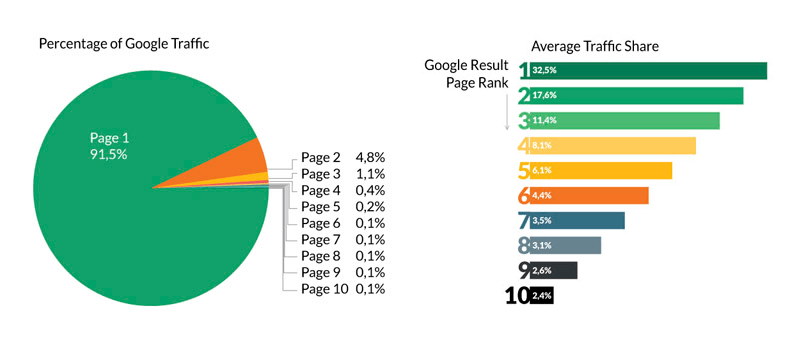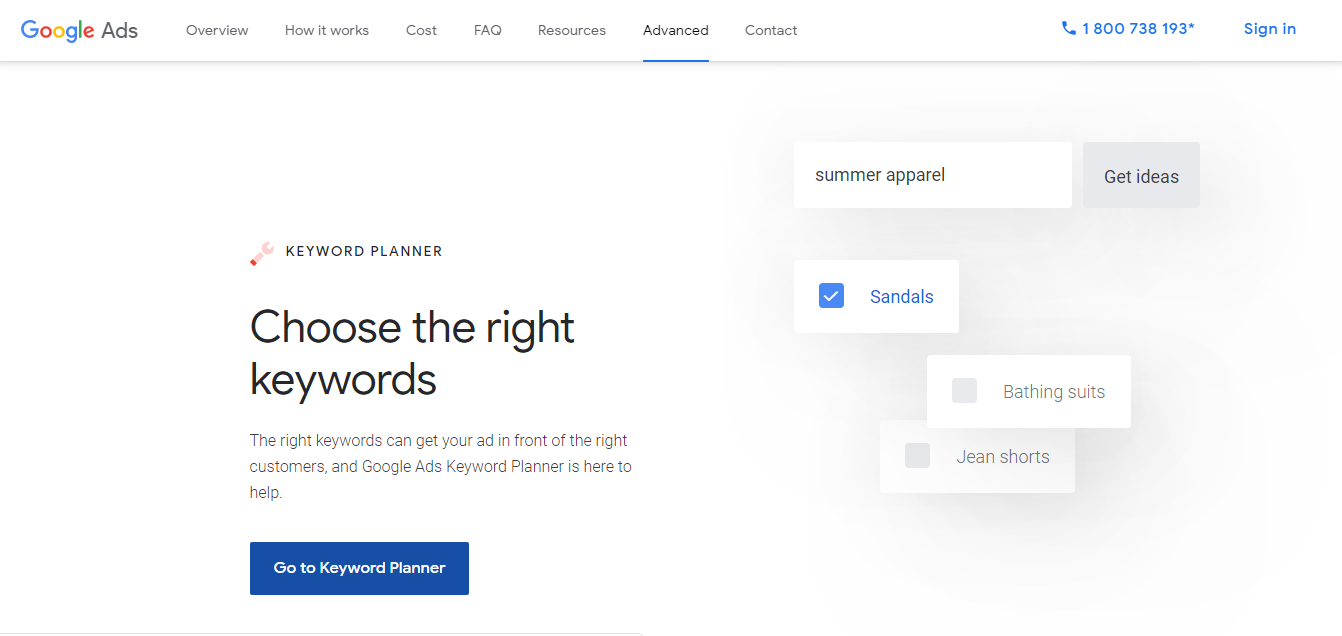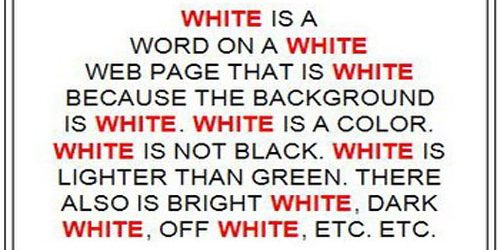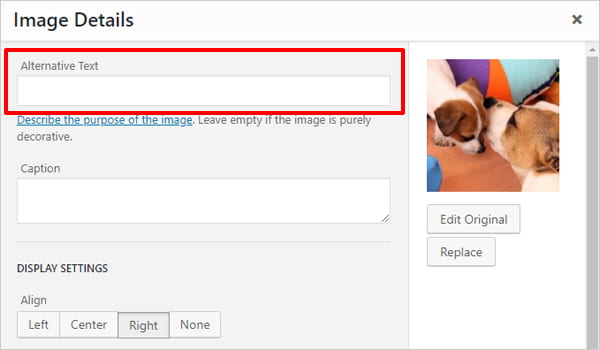Anyone who owns a website recognizes the opportunity of getting visitors from Google organic search suspects the importance of keywords. If you don’t understand how to use keywords for your website’s SEO strategy, you’re losing your business. Using keywords is the major part of any search engine optimization strategy. Without them, your content won’t be found on any search engine like Google!
Research shows that 95% of people only look the first page of the search engine results. And half clicks of that page go to the first three result pages.

That means if you’re using keywords wrong, you’ll seriously lose your business.
In this guide, we will show you how to use keywords for SEO, the right way to optimize your content so you can get the traffic and sales you need.
Understanding the Importance of Using Keywords in SEO
SEO is optimizing your web pages for better ranking in search engine result pages (SERPs) of any search engines. Using a keyword is part of the SEO process that describes what your content is all about.
Using keywords: words or phrases effectively on your website help Google to determine which content is most relevant to a particular search query, and how the page should rank for a search term.
Research Your Keywords
Keyword Researching is the most crucial part of an SEO strategy where the majority of peoples fail to find the right keywords for their website, and the result is their website never rank on search engines. The best practice is to focus each web page on a different keyword phrase, and never use the same keyword for every page of your website. That’s because you don’t want to end up competing with your content on search rankings.
Additional Tip: It’s important to note that keywords aren’t the main ranking factor, their use in content and links, which are among the top-ranking factors, helps Google with this process.
Use the Google keyword planner or other known tools to find keywords that are relevant to your website.

So, where you should use your keywords for SEO? We’re going to show you where, how, and why in the next section.
Where to Use Keywords for SEO
Here are some key places where it makes sense to use your keywords for SEO.
Page Titles:
Using a keyword in the page title is a good starting point to optimize your web page for ranking.
Your page title is what users click on to come to your website via search engines. Page title describes the main subject of your page and shows up as the first line of search results to let both Google and users know exactly what your page about.
The best practice when writing page title is to use your target keyword at the start of the page title to make sure that it seems more relevant.
Meta Descriptions:
Meta descriptions allow you to tell search engines more about the content of your web pages. It’s the next important area to add your keywords for SEO.
This shows up as the second part of a search result entry after the page title. It can help Google to determine how relevant is your content is to what peoples are searching for in search engines.
The meta description also helps users to decide whether to click on the search result to see the full content or not, so it’s important to write an attractive and relevant meta description for your page so that searchers found it useful and click on your web page.
That’s why it’s so important to use the relevant keyword for your web pages.
Content:
Many SEO experts believe that Google pays more attention to the first 200 words in your content. That makes it very important to add your target keyword in the first paragraph of the content without sacrifice the quality of your content. Content is one of the top SEO ranking factors of search engines.
That’s not mean you can use keywords in every other sentence or you trying to do keyword stuffing because it increases the chances of your website to get penalized by Google.

Your readers won’t like keyword-stuffed content, as it’s pretty hard to read.
You can use variations of the keywords throughout the content rather than repeat the exact keyword every time. The last thing is to make the content readable and understandable for humans.
Images:
When you’re considering how to use keywords in content, Images are not the first thing you think. But let me tell you one thing images are also indexed that creating another way that people find your content.
Before you add an image to your content, customize the filename and change it to something that relevant to the page. Make sure you use one of your keywords for the page.
Using Alt text is another way to include your keyword in it. Include your primary keyword for the page and something descriptive of the image itself; don’t just use the keyword.

URLs:
It’s essential to put the targeted keyword in the URL structure of a particular web page. The best URLs give Google and visitors a clue about what’s on the page. Make sure to keep your URL short and include only one keyword in a way that makes sense to people who are visiting.
That’s it! Now it’s time for you to dive in and try it for yourself. Once you start to apply, it becomes an easy time by time.







Your style is unique in comparison to other people I’ve read stuff
from. Thank you for posting when you’ve got the opportunity,
Guess I will just bookmark this site.